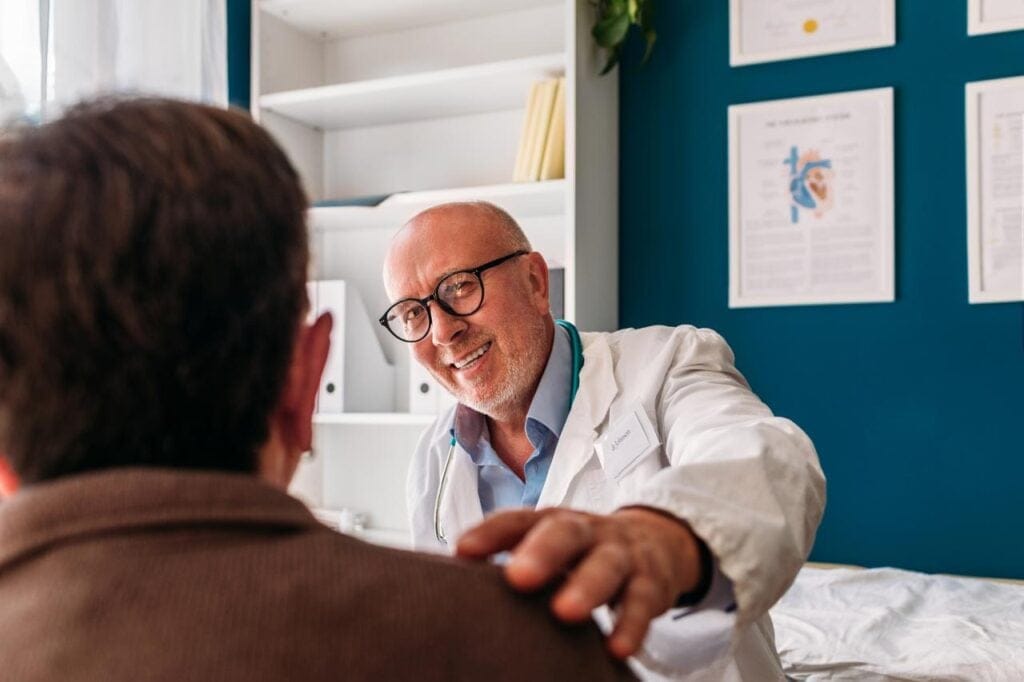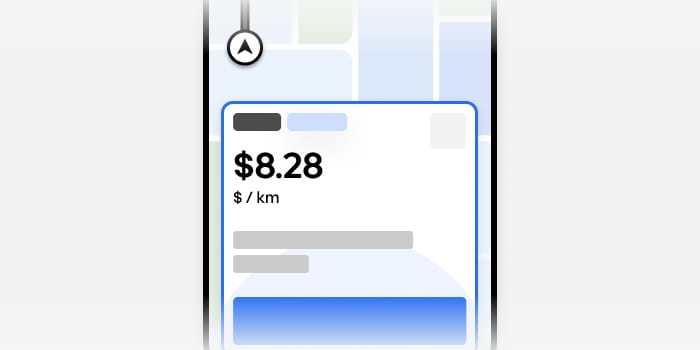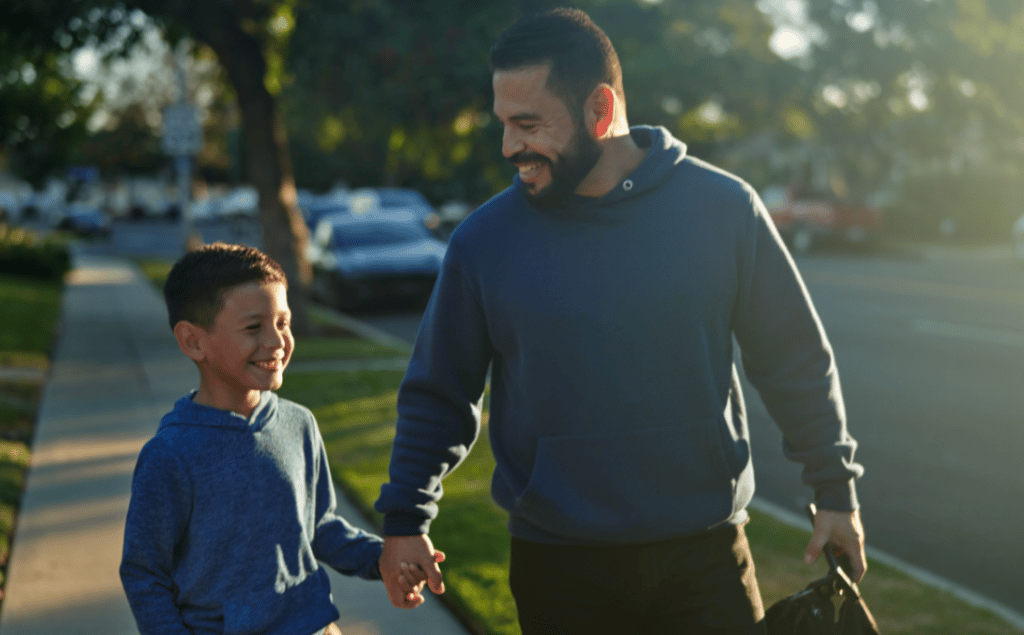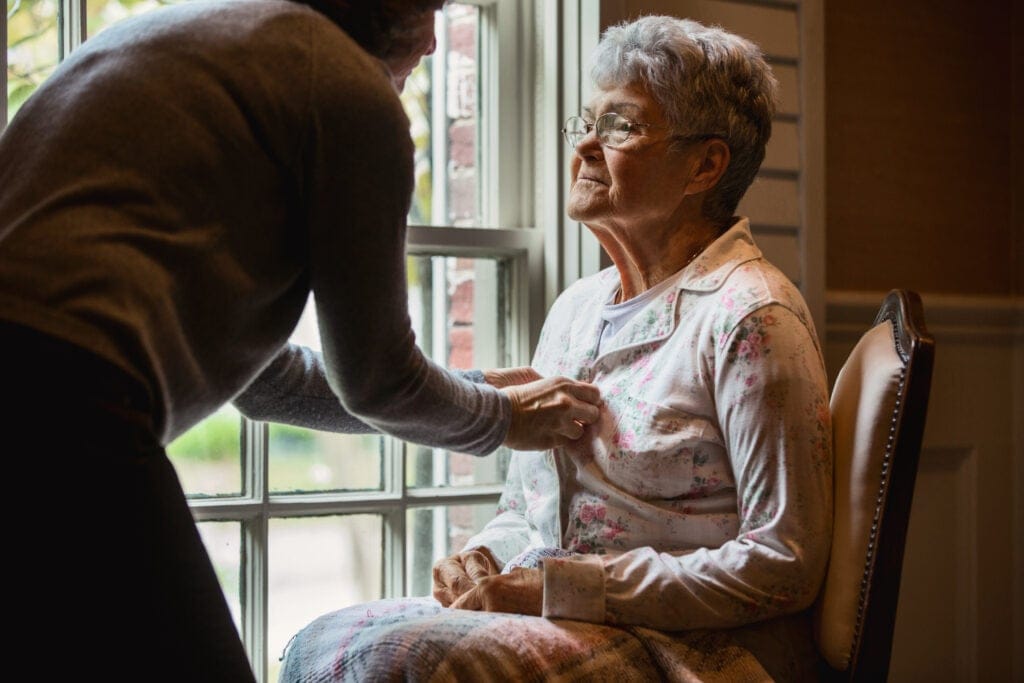Uber Health and Findhelp support patients beyond the four walls of a medical office
March 28, 2024 / US
Social determinants of health (SDoH) account for 30 – 55% of overall health outcomes. These non-medical factors—including transportation, access to nutritious foods, housing, and more—can have a greater impact on patient health than healthcare or lifestyle choices, but have historically been difficult to address. We’re seeing a surge of industry action to tackle this challenge head-on, including the White House releasing its first-ever playbook on how to address SDoH and New York expanding its Medicaid offerings to deliver more comprehensive care.
Supplemental benefits, alongside government programs, play a key role in addressing SDoH—but they’re fragmented and difficult for members to self-navigate. Many health plans and providers lack both the visibility into what patients are eligible for and the infrastructure to execute on that information. That’s where Uber Health comes in. More than 3,000 plans and providers use our platform to streamline coordination across multiple benefits—including non-emergency transportation and grocery, prescription, and over-the-counter item delivery—to support patients beyond the four walls of a medical office. The platform also taps into existing benefit structures or funding—including health plans, new types of funding available under things like the Medicaid 1115 demonstration waivers, and, soon, SNAP benefits—to easily facilitate approvals and reimbursement.
Medicaid 1115 waivers are in the spotlight following the recent expansion in New York. In January, the Centers for Medicare & Medicaid Services approved New York’s Medicaid Section 1115 demonstration amendment, greenlighting a number of initiatives aimed at improving health equity and access. Medicaid Section 1115 waivers give states greater flexibility to design and improve their Medicaid programs. This particular amendment allocates $7.5 billion in funding over the next few years to support a wide range of enhanced services related to nutrition, transportation, and housing. With deep experience coordinating transportation and grocery benefits, Uber Health is poised to help healthcare organizations implement these services.
One way we can do that is through our integration with Findhelp, an organization we’ve worked with since 2021. Findhelp has built an extensive social care network with more than 600,000 program locations across the United States. Its platform connects millions of users with critical services related to food, transportation, housing, financial assistance, and more. Through our integration, Findhelp users can tap into Uber’s mobility and merchant networks to connect patients with non-emergency transportation and groceries. The Institute for Family Health, for example, has leveraged the integration for years—initially to connect thousands of patients with rides to COVID-19 vaccination appointments, and now to transport in-need patients to appointments at federally qualified health centers (FQHCs). Together, Uber Health and Findhelp are well-positioned to support the administration of several 1115 waiver programs.
“Clinical care is just one piece of the patient health puzzle. It’s really encouraging to see our industry not just talking about the importance of a more comprehensive approach to care, but also implementing the infrastructure to make that possible,” said Caitlin Donovan, Global Head of Uber Health. “This amendment demonstration in New York is a great example, setting the stage for greater access to supplemental benefits like transportation and nutritious groceries. With our deep experience in benefit coordination and Findhelp’s vast network of social care services, we can play an important role in facilitating easy, affordable access to these enhanced services.”
The demonstration amendment’s expanded transportation and nutrition services will help meet critical patient needs. More than one in five patients miss medical appointments in the U.S due to transportation barriers and food insecurity is linked to a number of health risks, including a 15% increased risk of a chronic illness. Together, Uber Health and Findhelp can assist healthcare organizations in closing these gaps with non-emergency transportation and grocery deliveries.
“We’ve worked with Uber Health for years to help improve patient access. Now, there’s an exciting opportunity to expand our impact in New York,” said Julia Jones, VP of Network Development at Findhelp. “Dozens of healthcare organizations across the state have already implemented social care coordination platforms with Findhelp, and many of the anticipated Social Care Networks are looking to Findhelp as a partner to support the waiver. Through our work with Uber Health, we can help these organizations connect patients with critical transportation and nutrition services to unlock better health outcomes at scale.”
Our integrated experience can help social care networks, their contracted community-based organizations, and managed care organizations provide access to transportation and groceries for members who are eligible for enhanced services through the Medicaid 1115 waivers. Together, we can enable coordinators to administer these programs at scale, providing both a seamless user experience and necessary closed-loop reporting.
Posted by Uber Health
Get a ride when you need one
Start earning in your city
Get a ride when you need one
Start earning in your city
Related articles
Most popular

Automating Efficiency of Go programs with Profile-Guided Optimizations

Piloting estimated earnings per kilometer on trip requests

Get your teen 2 free rides and 2 tickets* to see A MINECRAFT MOVIE





